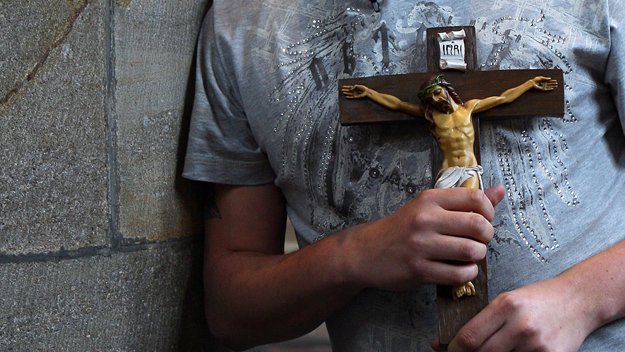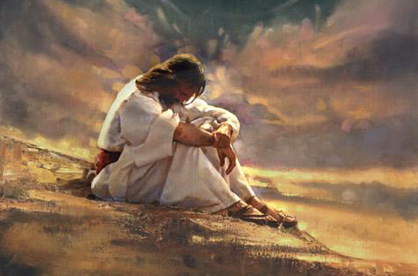This week the Independent newspaper reports, “A man has been bitten in his sleep by Britain’s most poisonous spider as hordes of the arachnid are reported to have invaded parts of London and Kent due to climate change. Dubbed the “British black widow”, the deadly false widow spider, which is about the size of a 50 pence piece, unleashes venom and can kill those who are allergic to it. However, it will only attack if provoked. The false widow spider has also been sighted in Orpington and in Greenwich, where one victim was 29-year-old glazier Paul Lakeman, who felt something on his shoulder as he lay down to sleep. “I was in bed with the light off,” … instinctively I threw it off onto the floor. “I heard the spider hit the floor and I looked at it – it looked like it meant business.” The false widow spider first came to the UK over 100 years ago in crates of fruit from the Canary Islands. Climate change seems to have caused the population to spread across the South East and they are heading for Virginia Water.
Now I know a cluster of false widow spiders in Greenwich hardly compares with the plague of locusts mentioned in Joel chapter 1. But if we lived in Greenwich and our home was infested with them, you might think otherwise. And that is because the way we read Scripture is shaped by our circumstances.


 “Last Monday I was again at Richmond and my subject was, ‘He has sent me to preach the Gospel to the poor’ but whoever wants to preach the Gospel must first carry it in his own heart.”
“Last Monday I was again at Richmond and my subject was, ‘He has sent me to preach the Gospel to the poor’ but whoever wants to preach the Gospel must first carry it in his own heart.”
 Sometimes patience is a virtue absent in the holiest of saints. On the last day of the Papal visit to the UK in 2010, there was a little known incident on his way back to Heathrow. The Pope was delayed due to meetings and was going to miss his flight. When the limousine arrived, the driver was overjoyed to be carrying the Pope. But he was nervous and drove very slowly. The Pope asked him to speed up. But the driver went slower; he wanted to keep the Pope in his limousine as long as he could. The Pope insisted on driving the limo himself. The Pope sped off and was clocked by a speed camera doing 85 mph.
Sometimes patience is a virtue absent in the holiest of saints. On the last day of the Papal visit to the UK in 2010, there was a little known incident on his way back to Heathrow. The Pope was delayed due to meetings and was going to miss his flight. When the limousine arrived, the driver was overjoyed to be carrying the Pope. But he was nervous and drove very slowly. The Pope asked him to speed up. But the driver went slower; he wanted to keep the Pope in his limousine as long as he could. The Pope insisted on driving the limo himself. The Pope sped off and was clocked by a speed camera doing 85 mph. How can you be sure that you are a Christian? How can you know that you know? This is one of the most important questions you can ever answer in life. It is foundational to your life and growth as a Christ follower. Without the peace of mind that God loves you and that you are a child of God, you will never feel secure. You will always be tempted to doubt your faith. You will fear that you are not good enough. You will worry that you might lose your faith. Tonight I want us to answer the question once and for all. Please turn with me to 1 John 5. In verse 13 John writes,
How can you be sure that you are a Christian? How can you know that you know? This is one of the most important questions you can ever answer in life. It is foundational to your life and growth as a Christ follower. Without the peace of mind that God loves you and that you are a child of God, you will never feel secure. You will always be tempted to doubt your faith. You will fear that you are not good enough. You will worry that you might lose your faith. Tonight I want us to answer the question once and for all. Please turn with me to 1 John 5. In verse 13 John writes, This year we are celebrating the 175th Anniversary of Christ Church. Virginia Water has changed a great deal since the early 19th Century. The 1830’s were troubled years in Britain. Agricultural depression, large scale unemployment, poverty and rioting in rural areas. In 1846, the Cambridge Chronicle described Virginia Water as inhabited chiefly by “agricultural labourers, and not a few idle poachers,… in a state of ignorance, ungodliness and spiritual destitution rarely equalled.” The nearest church was St John’s in Egham and there were few free places allocated to the poor.
This year we are celebrating the 175th Anniversary of Christ Church. Virginia Water has changed a great deal since the early 19th Century. The 1830’s were troubled years in Britain. Agricultural depression, large scale unemployment, poverty and rioting in rural areas. In 1846, the Cambridge Chronicle described Virginia Water as inhabited chiefly by “agricultural labourers, and not a few idle poachers,… in a state of ignorance, ungodliness and spiritual destitution rarely equalled.” The nearest church was St John’s in Egham and there were few free places allocated to the poor.
 “A little boy is on the beach. On his knees he scoops the sand with his plastic shovel into a bright red bucket. Then he upends the bucket on the surface and lifts it. And, to the delight of the little architect, a castle tower is created.
“A little boy is on the beach. On his knees he scoops the sand with his plastic shovel into a bright red bucket. Then he upends the bucket on the surface and lifts it. And, to the delight of the little architect, a castle tower is created.
 “During my lifetime I have dedicated myself to this struggle of the African people. I have fought against white domination, and I have fought against black domination. I have cherished the ideal of a democratic and free society in which all persons live together in harmony and with equal opportunities. It is an ideal which I hope to live for and to achieve. But if needs be, it is an ideal for which I am prepared to die.”
“During my lifetime I have dedicated myself to this struggle of the African people. I have fought against white domination, and I have fought against black domination. I have cherished the ideal of a democratic and free society in which all persons live together in harmony and with equal opportunities. It is an ideal which I hope to live for and to achieve. But if needs be, it is an ideal for which I am prepared to die.”